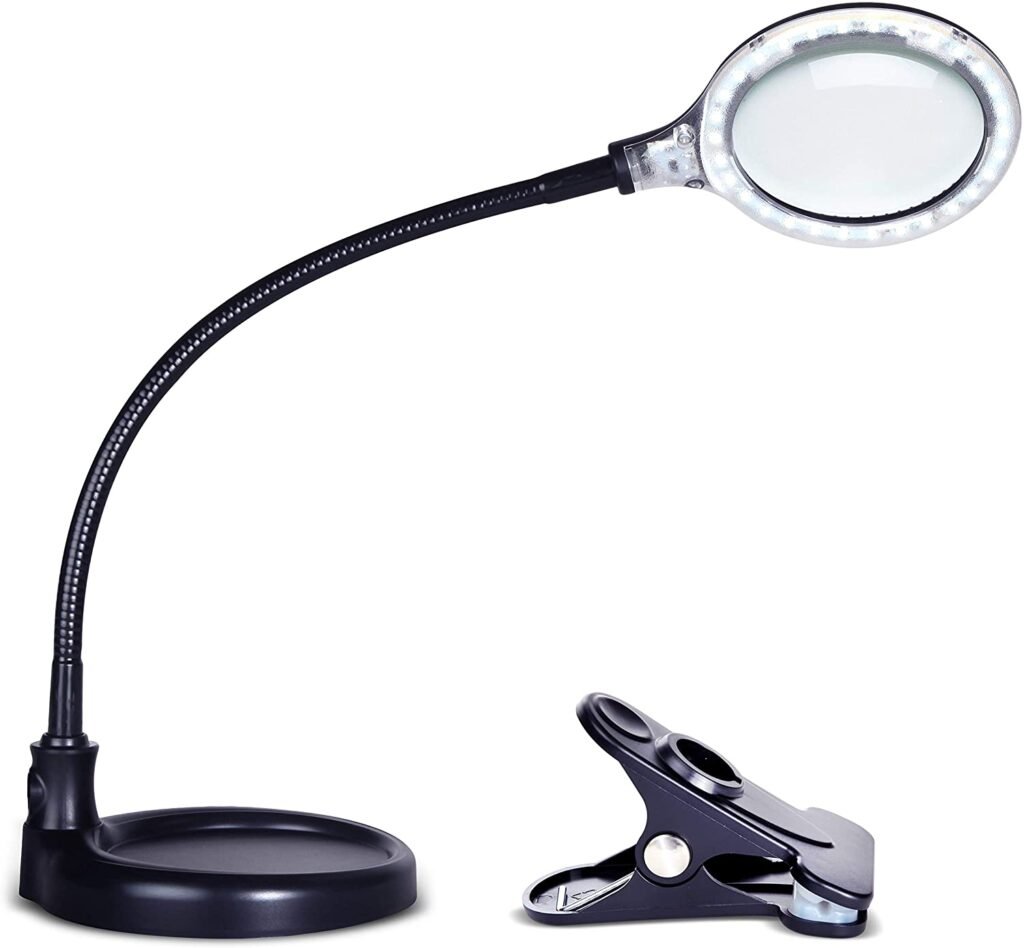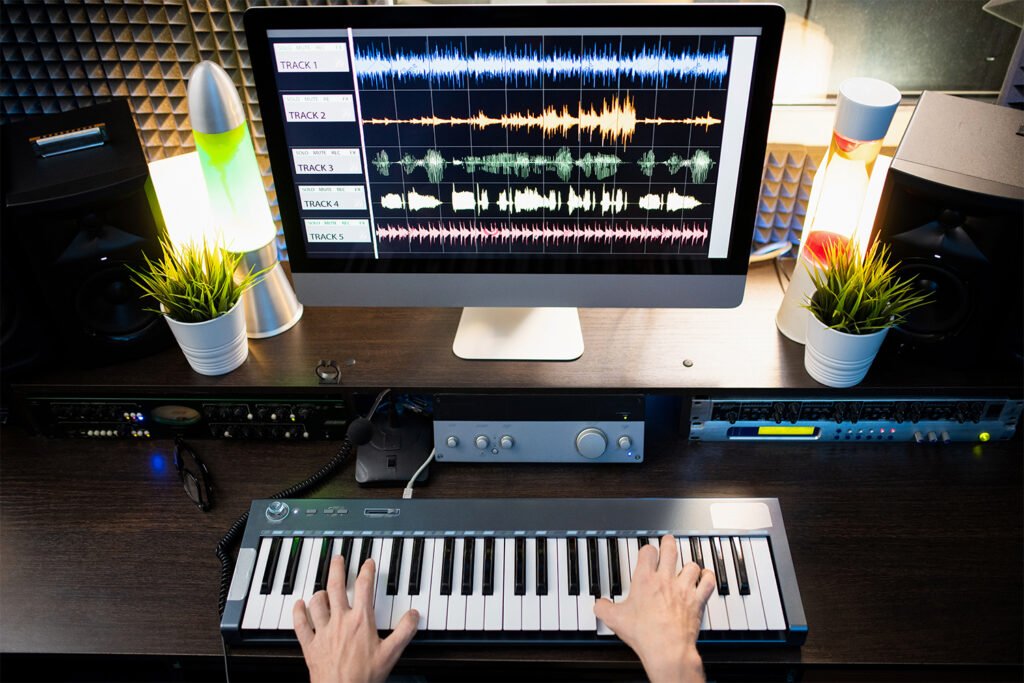In today’s hyper-connected, always-on world, it’s easy to feel the constant pressure to react immediately to every piece of information, be it an email, a social media notification, or a conversation. However, what if I told you that slowing down, sitting back, and observing might be one of the most valuable skills you could develop? It’s about not rushing to answer every email, not jumping into every argument, and not feeling the need to constantly engage. By stepping back, taking a breath, and practicing mindfulness, we can create space for clarity, better decision-making, and emotional balance.
Let’s dive deeper into this concept of “not everything needs a response,” and why learning to sit back and observe can significantly improve both your personal and professional life.
Index
The Power of Observing Instead of Reacting

In a world where we’re constantly being bombarded with information, it’s tempting to react instantly. Whether it’s firing off an email response or engaging in an online debate, our brains are trained to act quickly. But, is that always the best course of action?
Taking a moment to observe before responding allows us to make more thoughtful decisions. It’s about understanding that not every situation requires an immediate response. Sometimes, stepping back can provide a clearer perspective, help us understand the bigger picture, and lead to better outcomes. Instead of acting out of impulse or emotion, we can act with intention and clarity.
How Active Listening and Observation Can Transform Your Interactions
At its core, observing is a form of active listening. It’s not just about hearing words; it’s about engaging with what’s being said—and more importantly, what’s not being said. When we practice active listening, we engage not just our ears but our entire being—our minds and hearts. This allows us to tune into the emotional undertones, body language, and other subtle cues that we might miss in the heat of an immediate response.
The simple act of sitting back and letting a conversation unfold can also prevent us from making rash judgments. When we’re not fixated on our next point, we can better understand the other person’s perspective, which often leads to richer, more productive discussions.
Emotional Regulation: The Key to Mindful Observation
One of the most powerful benefits of learning to sit back and observe is emotional regulation. Think about the last time you reacted impulsively to a situation—how did that turn out? Probably not great. Impulsive reactions, especially those driven by emotions, tend to escalate situations rather than resolve them.
By choosing to pause and observe, we gain control over our emotions. This doesn’t mean suppressing our feelings, but rather taking a moment to process them before they dictate our actions. Emotional intelligence—our ability to recognize and manage our emotions—is critical in both our personal and professional lives. The more we practice observing before responding, the better we become at navigating emotional situations with grace and maturity.
Why Timeoff is Key to Developing Observational Skills
If you’re thinking, “I can’t possibly take time off right now,” let me stop you right there. Timeoff, whether it’s a quick break or a longer, intentional pause, is crucial to developing your observational skills. It’s not just about stepping away from work; it’s about giving yourself mental space to breathe, reflect, and recharge.
Taking timeoff allows you to disconnect from the constant pressure to be productive and helps you gain clarity. When you return to your tasks or conversations, you do so with a refreshed mind and a more balanced perspective. It also helps to avoid burnout, which can cloud judgment and lead to rash decisions.
A quick walk, a few minutes of deep breathing, or simply unplugging from technology can do wonders for your mental health and your ability to observe without immediately jumping into action.
When Should You Step Back and Observe?

The challenge isn’t just about learning to observe; it’s about knowing when to do it. There are certain moments in life when reacting immediately could lead to unnecessary conflict or poor decision-making. Here are some key situations when stepping back and observing might be the best course of action:
- During Conflict or Disagreement: It’s easy to fall into the trap of defending your position or attacking the other person when things get heated. But rather than escalating the situation, taking a step back and really listening can help you understand the other person’s point of view, allowing for a more constructive conversation.
- Making Big Decisions: Whether it’s a career move, a major purchase, or a personal decision, rushing into choices often leads to regret. By observing the situation and gathering all the facts, you give yourself the time to make an informed, thoughtful decision.
- When Facing Uncertainty or Change: Change can be overwhelming, especially when it feels like the world is moving too fast. In these moments, it’s essential to pause and gather information. This allows you to make decisions that align with your long-term goals rather than reacting to short-term pressure.
- Understanding Others’ Motivations: People don’t always act the way we expect or understand. Instead of jumping to conclusions, observing their behavior over time can give you valuable insights into their motivations and intentions. This is particularly useful in professional settings, where understanding team dynamics can make or break a project.
The Mindfulness Connection
Mindfulness, the practice of staying fully present in the moment without judgment, plays a significant role in observation. Being mindful allows us to tune out distractions and focus on what’s happening right in front of us. It helps us stay grounded, which is essential when we’re tempted to react out of habit or emotion.
By practicing mindfulness, we develop a heightened awareness of our thoughts and emotions. This self-awareness enables us to pause, reflect, and choose a thoughtful response, rather than blurting out a reaction we might later regret.
The Power of Silence: A Tool for Reflection

Silence isn’t just the absence of noise—it’s a powerful tool for self-reflection. In many conversations, silence can speak volumes. When we choose not to respond immediately, we create the space for deeper thought and reflection. Silence allows others to speak, express themselves fully, and feel heard, which can often lead to more productive and open conversations.
It also signals strength and control. Rather than jumping into a conversation with an immediate answer or response, choosing silence shows that we’re processing information thoughtfully and considering our words carefully.
Conclusion: Embrace the Power of Observation
In a world that constantly demands our attention and reactions, learning to sit back and observe is more important than ever. It’s about creating the mental space to make thoughtful decisions, regulate our emotions, and understand situations from a more comprehensive perspective.
Taking timeoff, embracing mindfulness, and knowing when to step back and observe can have a profound impact on your personal and professional life. So, the next time you’re tempted to react impulsively, remember: Not everything needs an immediate response. Sometimes, the best thing you can do is pause, observe, and let things unfold.
FAQs
What does it mean to “sit back and observe”?
“Sitting back and observing” means to pause before reacting. It’s about gathering information, reflecting on the situation, and choosing to respond thoughtfully rather than impulsively.
How can sitting back and observing improve decision-making?
By taking the time to observe, you gain a deeper understanding of the situation. This allows you to make decisions based on a fuller picture rather than reacting out of emotion or incomplete information.
Why is taking timeoff important?
Time off gives you the space to recharge and clear your mind. It helps you return to situations with a fresh perspective, reducing stress and improving your ability to observe and think critically.
How can I practice observing in my personal life?
In personal situations, try pausing and listening carefully before responding. Practice mindfulness and focus on being present in the moment without rushing to offer a solution.
What are the benefits of silence in conversations?
Silence allows for deeper reflection and shows that you’re thinking carefully. It also provides space for others to express themselves, leading to more meaningful dialogue and understanding.



